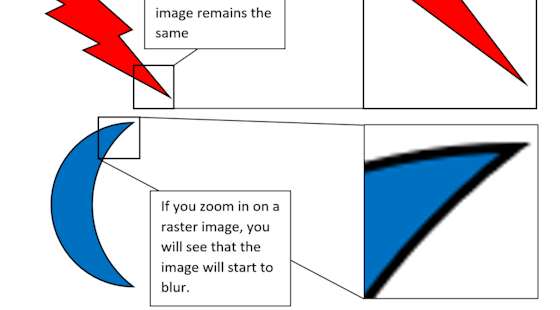PDI is fascinated by the world of training and we spend quite some time making sure we are informed about industry trends and so forth. We thus interested in the following paper presented at a conference which suggests we should not be interested in training but rather learning:
focus on learning, not training
'Training' suggests putting stuff into people, when actually we should be developing people from the inside out - so they achieve their own individual potential - what they love and enjoy, what they are most capable of, and strong at doing, rather than what we try to make them be.
'Learning' far better expresses this than 'training'.
Training is about the organisation. Learning is about the person.
Training is (mostly) a chore; people do it because they're paid to. Learning is quite different. People respond to appropriate learning because they want to; because it benefits and interests them; because it helps them to grow and to develop their natural abilities; to make a difference; to be special.
Training is something that happens at work. Learning is something that people pursue by choice at their own cost in their own time. Does it not make sense for employers to help and enable that process? Of course it does.
The word 'learning' is significant: it suggests that people are driving their own development for themselves, through relevant experience, beyond work related skills and knowledge and processes. 'Learning' extends the idea of personal development (and thereby organisational development) to beliefs, values, wisdom, compassion, emotional maturity, ethics, integrity - and most important of all, to helping others to identify, aspire to and to achieve and fulfil their own unique individual personal potential.
Learning describes a person growing. Whereas 'training' merely describes, and commonly represents, transfer of knowledge or skill for organisational gain, which has generally got bugger-all to do with the trainee. No wonder people don't typically enjoy or queue up for training.
When you help people to develop as people, you create far greater alignment and congruence between work and people and lives - you provide more meaning for people at work, and you also build and strengthen platform and readiness for any amount of skills, processes, and knowledge development that your organization will ever need.

